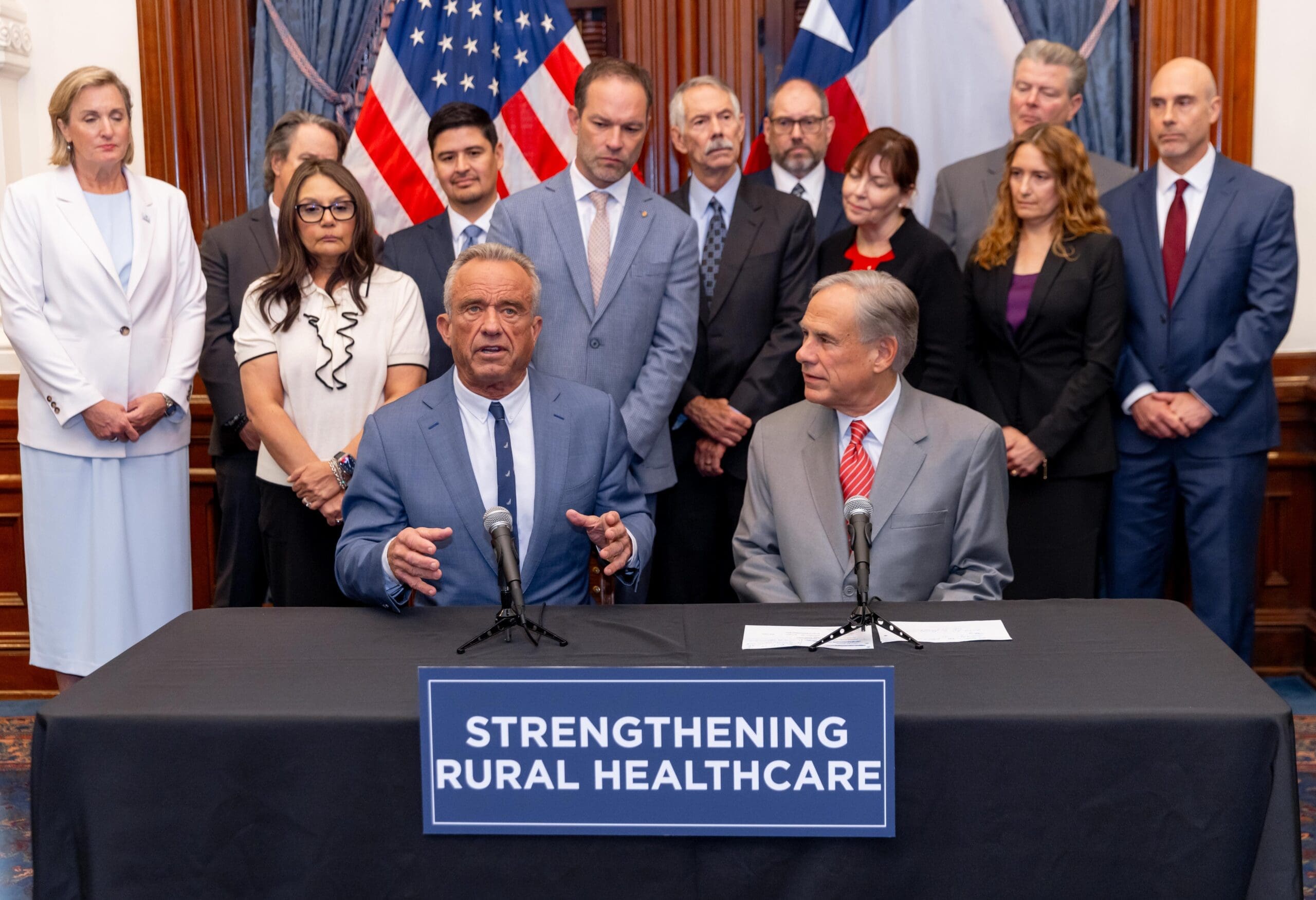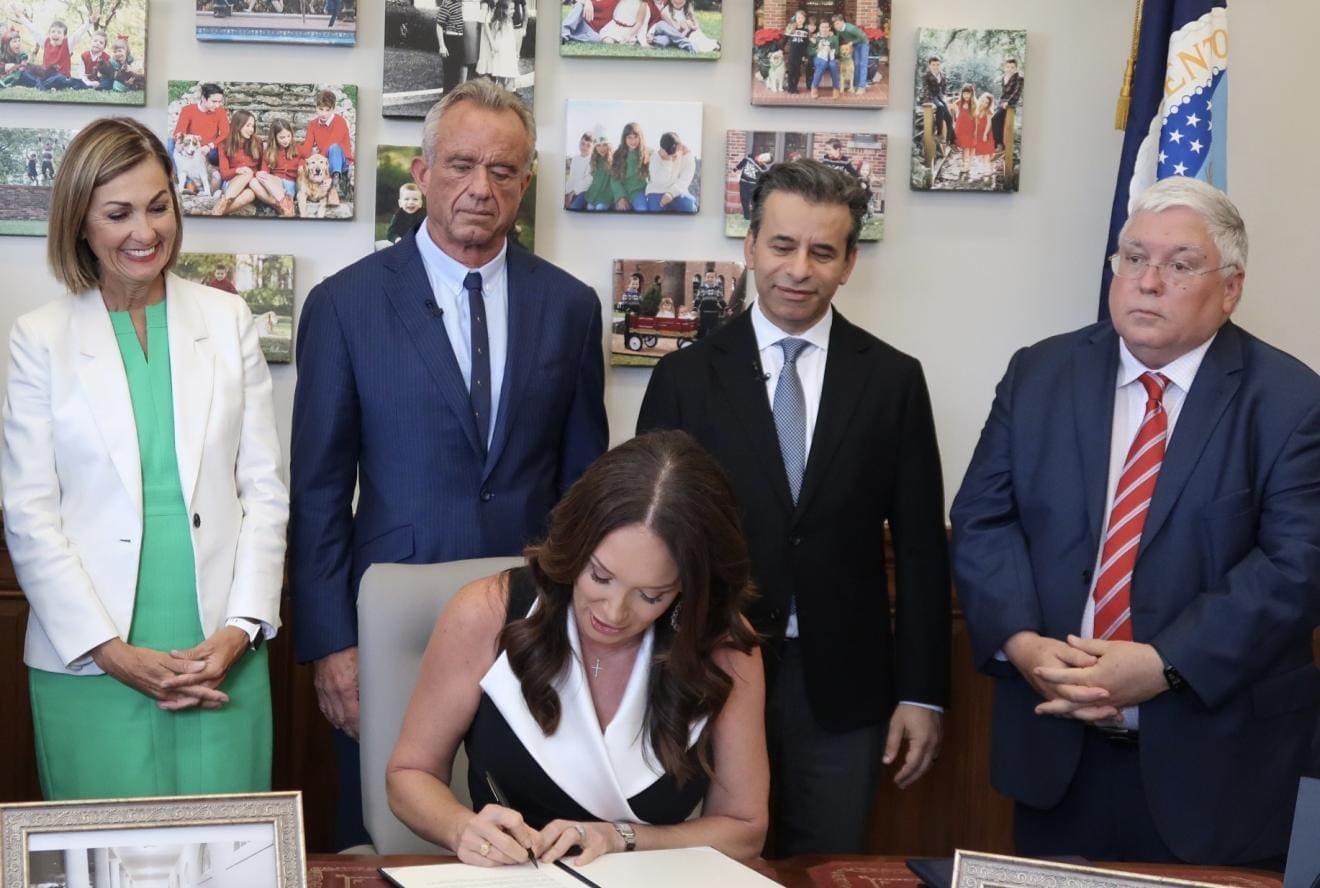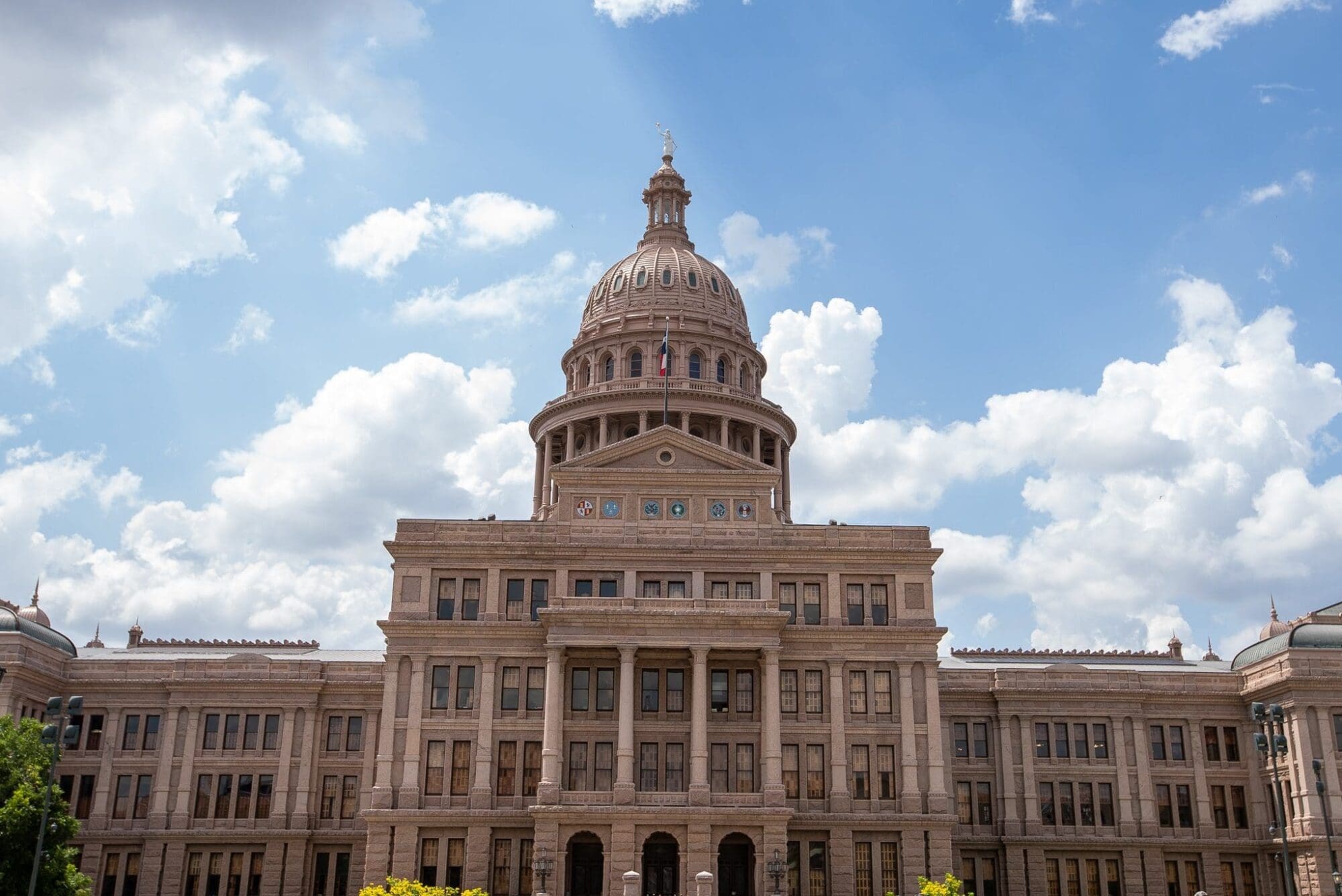It has a been a longtime goal of fiscal conservatives to strengthen the state’s limits on spending. During the 87th Legislative Session this year, a big step was made toward that goal.
Texas’ current constitutional spending limit—defined statutorily for years as projected growth in personal income—only applies to state tax revenue not dedicated by the Constitution, which constitutes about half of the total state budget.
Legislation passed this session will change that.
The History
The fight for strengthening Texas’ constitutional spending limits didn’t begin this session. For years, citizens have fought to put a stronger limit in place.
In 2012, Republicans overwhelmingly voted in their primary election to support stronger spending limits.
Unfortunately, efforts to actually do so were stalled for years.
In 2015, then-State Sen. Van Taylor (R–Plano) filed legislation, but it never received a hearing in the Senate Finance Committee.
In 2017, legislation by State Sen. Kelly Hancock (R–North Richland Hills) to place six additional categories of the budget under the spending cap passed out of the Texas Senate. Unfortunately, it was watered down in the Texas House, which was led by House Speaker Joe Straus. Ultimately, the bill failed to reach the governor’s desk.
The item was subsequently put on the call for a special session by Gov. Greg Abbott later that summer.
But when the bill was brought before the body for a vote, Democrat State Rep. Chris Turner (Fort Worth) called a point of order, challenging consideration of the bill on procedural grounds.
Straus upheld the point of order.
In a rare move, some Republican members utilized the rules of the House to attempt to overrule Straus’ decision. Such a maneuver requires 10 members to make the motion and a simple majority to overrule.
The motion was unsuccessful, however, when a number of Republicans joined with Democrats to defeat it. Despite its failure, and the failure of the majority of the 20 items Abbott placed on the special session call in 2017, Abbott did not call lawmakers back again.
Despite Straus’ departure soon after, in 2019 it was back to business as usual, as legislation filed by Hancock once again cleared the Senate on a bipartisan basis but was not even heard in the House.
New Hope in 2021
Once again, this session, Hancock filed the bill—this time labeled Senate Bill 1336.
Similar to previous efforts, the bill caps the growth of state spending at the rate of population plus inflation.
An exception is made, however, for “an appropriation to pay costs associated with recovery from a disaster declared by the governor,” as well as funds dedicated to tax relief.
Additionally, the bill will subject all state funds—but not federal funds—to the growth limit.
The bill passed largely on party lines out of the Senate and House, with most Democrats opposing the measure. And on June 8, the bill was finally signed by Gov. Greg Abbott.
It will go into effect for the next biennial budget, Fiscal Year 2023-2024.





